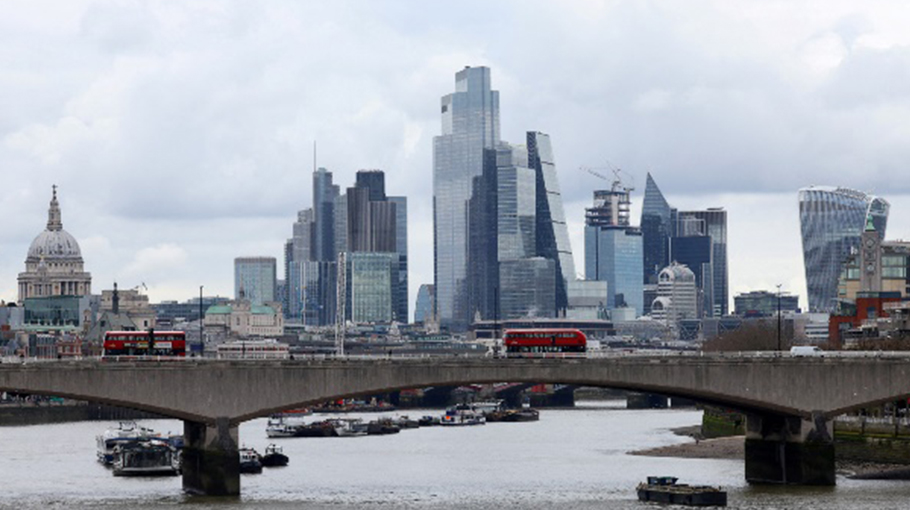UK election brings few hopes or fears to cautious City of London

The UK financial sector is warming to Labour's pro-business overtures and pledges to provide stability and support, but many in the City remain wary it could be targeted to prop up Britain's stretched public finances further down the line.
Under leader Keir Starmer, the Labour Party - expected to win Thursday's UK election - has assiduously courted the City of London, mindful that his plans for boosting economic growth will need a big dose of private capital.
In the last election in 2019, Starmer's predecessor Jeremy Corbyn set out a radical manifesto to increase public investment by raising taxes on companies and top earners, resulting in Labour's worst result since the 1930s.
"The most important change is that there has been a big shift in mindset by Labour towards the City in the past few years," William Wright, managing director of think-tank New Financial told Reuters.
"That is reflected in a strong sense of continuity in the reforms to capital markets and pensions underway," Wright said.
Labour, whose Rachel Reeves, a former economist at the Bank of England, is expected to become Britain's finance minister, has backed the Conservative government's post-Brexit 'Edinburgh Reforms' aimed at protecting the City's global competitiveness.
The party has also promised a review of the pensions and savings industry, which could help Britain's capital markets as well as boosting the financial resilience of the population.
But there is also speculation about changes to how capital gains and wealth are taxed, as well as Reeves' plans to change the way private equity is taxed, which would likely hit hard.
Michael Moore, chief executive of BVCA, a private equity industry body, said Labour was, however, showing willingness to back up its "pro-business mood music with engagement on substance".
Reeves had vowed to end a "loophole" that allows a portion of private equity earnings to be taxed as capital gains, rather than at the higher income tax rate, but last month signalled to the Financial Times that favourable tax treatment would continue in instances where fund managers put their own capital at risk.




